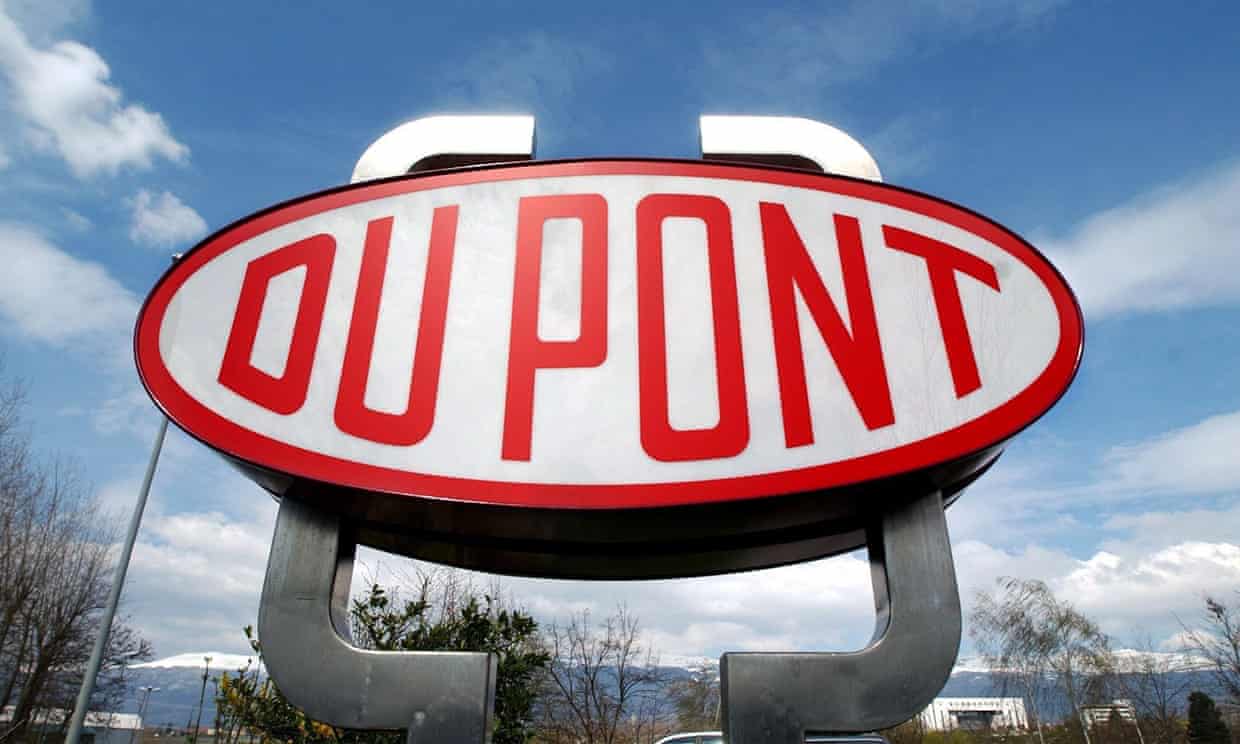
DuPont scientists found PFAS enlarged lab rats’ livers and likely caused birth defects in workers. Still, the company told its employees the cancer-linked compounds are “about as toxic as table salt”.
“The chemical industry used the tactics of the tobacco industry to delay public awareness of the toxicity of PFAS and, in turn, delayed regulations governing their use,” the University of California at San Francisco authors wrote. “PFAS are now ubiquitous in the population and environment.”
PFAS are a class of about 15,000 chemicals often used to make thousands of products resistant to water, stains and heat. The compounds are linked at low levels of exposure to cancer, thyroid disease, kidney dysfunction, birth defects, autoimmune disease and other serious health problems. They are called “forever chemicals” because of their longevity in the environment.
DuPont’s chief toxicologist in 1961 found rats’ livers enlarged at very low doses of exposure, a health impact recognized as “the most sensitive sign of toxicity.” The report recommended PFAS be handled “with extreme care” and that “contact with the skin should be strictly avoided.”
In 1970, a DuPont-funded lab found PFAS to be “highly toxic when inhaled and moderately toxic when ingested”. About a decade later, the lab killed two dogs with low doses of the chemicals. The lab also observed corneal ulcerations in newborns, and 3M, in a report shared with DuPont, “observed fetus eye changes were due to [PFAS]”.
In the early 1980s, DuPont found elevated liver enzymes in 60% of workers tested, and a confidential internal report detailed birth defects among pregnant plant employees. In the years that followed, 3M and DuPont internal studies found the chemicals likely caused prostate, testicular, bladder and kidney cancers.